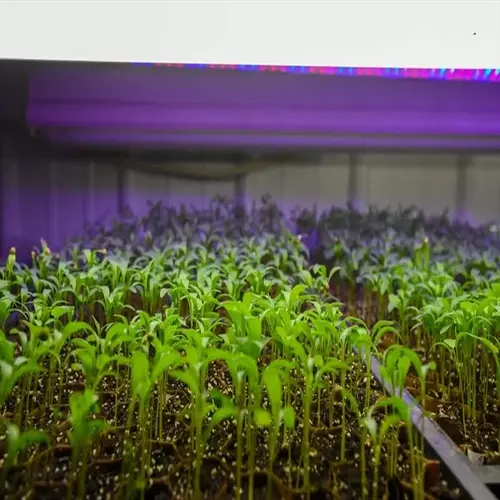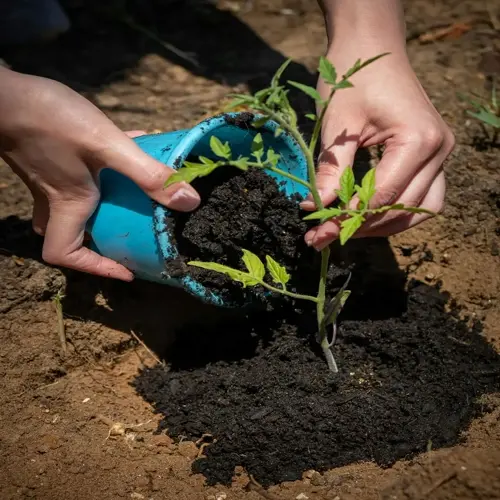How do I conserve water while gardening?

Written by
Paul Reynolds
Reviewed by
Prof. Martin Thorne, Ph.D.Water conservation in your garden will waste less, while generating more resilient landscapes. Water plays a crucial role in enhancing plant survival during droughts and reducing water utility bills. My garden thrived during a 3-month dry period utilizing these strategies. With thoughtfulness, your garden can flourish with less water.
Mulching Mastery
- Apply 3-inch organic mulch layers to reduce evaporation by 70%
- Use straw, wood chips, or compost around plant bases
- Reapply after heavy rains to maintain protective coverage
Rainwater Harvesting
- Install 50+ gallon barrels under every downspout
- Filter debris with mesh screens before storage
- Use within 30 days to prevent mosquito breeding
Set up drip irrigation with timers to maximize water efficiency. Drip irrigation is the most efficient method for delivering water to plant roots, resulting in minimal evaporation. They can be set to run between 3:00 and 5:00 AM when humidity is at its highest. Our vegetable garden now uses approximately 50% less water than when we had sprinklers. Turn emitters on and off during the season to compensate for your plants' changing needs.
Repurpose household water safely and responsibly. You can easily collect water from washing vegetables and then place it in buckets to water ornamentals. Periodically collecting some shower warm-up water could work well for pot plants. I typically use about 10 gallons of recycled kitchen water to water my flower beds in the summer. That makes a big difference in my water bill.
Hydrozoning involves grouping plants based on their water needs. Place thirstier vegetables together, and place drought-tolerant herbs together, but do not mix them. This keeps you from overwatering some plants and underwatering others. I redesigned my garden, reducing my water requirements by 40% while maintaining the same conventional yield. Smart planting made the conservation automatic.
Regularly maintain conservation systems. Clean drip lines monthly to avoid clogs. Change mulch before the summer heat arrives. Check rain barrels for algae growth. These basic habits promote lasting efficiency. My systems have been in operation for many years with minimal maintenance. A little effort can produce lasting water savings.
Read the full article: 10 Essential Tips: When to Water Plants

